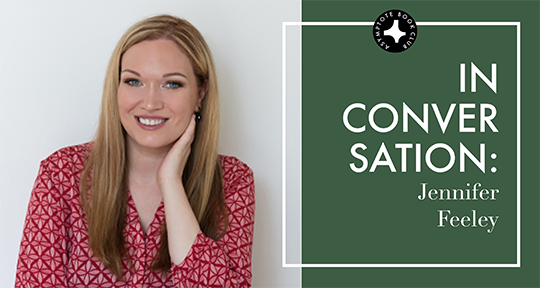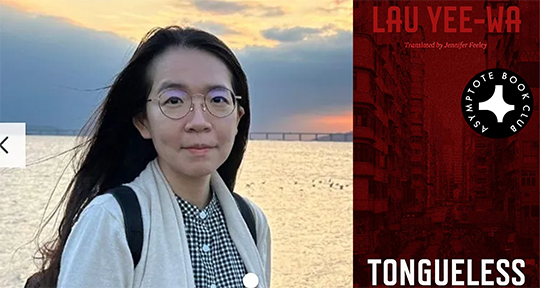This week, our editors-at-large report on new spaces and events for literature springing up even in the face of oppression and loss. From Gaza’s first public library to Xi Xi’s teddy bears to the legacy of a lost literary lion in Kenya, read on to find out more!
Shatha Abd El Latif, Editor-at-Large, reporting on Palestine
“There are moments in history when the creation of a library becomes an act of freedom itself.”
Those were the words of Omar and Ibrahim on the fundraiser campaign page they set up to build the first public library in Gaza after the genocide. Omar is a displaced Gazan writer from Beit Hanoun, and Ibrahim is an English school teacher and translator. On the page, Ibrahim describes a curious intellectual wrestling with the big dogs of the Western canon that eventually landed him at the feet of the literatures of the oppressed. Of this literature of resistance, he writes: “I felt that books themselves became a kind of land, and that the pen was a root no one could uproot.”
Omar and Ibrahim speak to their audience about a time when books were their only refuge from the horrors of the blockade, and tell us of the moments where they discovered that their books, pieces of their bereaved souls, survived the bombing of their houses. Omar’s documentation on social media of the dust-covered books, hours spent digging in the rubble, and carrying his books twelve times over with every displacement—sometimes in unique ways, i.e. in his keffiyeh, quickly sparked international interest in his and Ibrahim’s project.
Israel’s genocidal war destroyed at least twenty-one of Gaza’s libraries and killed over 45 writers and artists in Gaza in a soulless act of colonial vengeance, striking at the heart of a people’s cultural spirit. I was so incredibly moved as I scrolled down Omar’s Instagram and watched as he installed the library, book by book, on a dilapidated shelf in a tent. The steadfast mission they chose for themselves in the service of their community speaks to a not-so-unfamiliar spirit of resistance that Palestinians carried within themselves against the absolute annihilation of their home and history.
This project does not exist in a vacuum. Rather, it is rooted within a political consciousness that hails the resisting spirit in the face of a genocidal, colonial power. What we must be wary of, nonetheless, is the temptation to glorify the struggle and pain that comes with this act of preservation and perseverance born during a genocide while shying away from confronting the structural complicity of our cultural and academic institutions in the literary genocide of Gaza’s writers, librarians, and educators.
The search for a place to house Omar and Ibrahim’s library was over early this week. Following a month and a half long search, Omar announced on his Instagram that they were finally able to find a place to start building their library. There remains a long path ahead, still.
Omar and Ibrahim’s project goes well beyond just putting together a physical library space; rather, it serves a larger mission to rebuild Gaza’s literary scene and combat Zionism’s long-in-the-making scholasticidic and epistemicidic war—and their campaign’s goals, which include “[r]ebuilding Gaza’s spirit through knowledge” and “[b]uild[ing] hope and keep[ing] culture alive,” serve as further evidence.
You can donate to Omar and Ibrahim’s campaign via this link to rebuild Gaza’s first public library.
Charlie Ng, Editor-at-Large, reporting from Hong Kong READ MORE…






